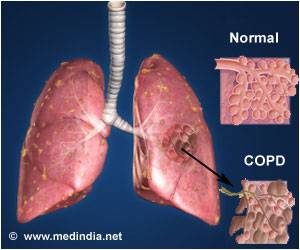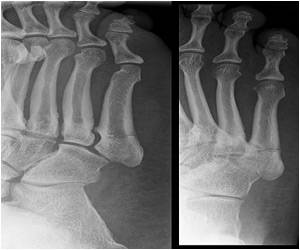The concern for second malignancy or cancer recurrences in patients with history of cancer diagnosis has led to some reluctance in treating arthritis patients.

‘Research shows no increased risk of a second malignancy in rheumatoid arthritis patients with a past history of cancer who used biologic therapy.’





Despite 15 years of studying the safety of this treatment, there is still a concern that these medications, which suppress the immune system, could increase the risk of malignancy in patients with a history of cancer. A team of researchers in Denmark conducted a study of 1,678 RA patients from a national registry to determine if biologic use increased the risk of a second cancer diagnosis, in individuals who have had cancer. The study also looked at mortality rates among these patients. "Second malignancy is an increasing challenge, as the survival after the first, primary tumor has improved substantially for most types of cancer," says Lene Dreyer, MD, Associate Professor of Rheumatology at the University of Copenhagen and a lead author of the study. "The concern for second malignancy or cancer recurrences in patients with a history of cancer diagnosis has led to some reluctance in treating this subset of arthritis patients with biologics, especially TNF-inhibitors. Consequently, some RA patients with a previous cancer are suffering from inadequate treatment of their arthritis."
RA patients who had a primary cancer diagnosis were selected from the DANBIO Registry, a national medical records database in Denmark, from 2000 to 2011. The researchers analyzed their cases to determine the hazard ratio (HR) for secondary malignancy and also deaths among this population. Of the RA patients in the study, 190 received biologics only before their primary cancer diagnosis, 220 patients received biologics only after their primary cancer diagnosis, 92 patients received biologics both before and after their primary cancer diagnosis, and 1,176 patients never received biologics.
Among the 502 patients who received a biologic at any time, the hazard ratio for developing a second malignancy was 1.11 compared to 1.00 for those who were never treated with a biologic. This was not a statistically significant increase in the risk of a second malignancy.
Researchers also looked at mortality rates among RA patients with a history of cancer but were unable to draw a clear conclusion about significant increases. When the data was adjusted for age, gender, calendar time, site of the cancer and extent of the disease, the hazard ratio for death was 1.20 among the RA patients treated with a biologic only before their cancer diagnosis, compared to 1.00 for those who were never treated with a biologic. Patients who were treated with a biologic only after their cancer occurred had a hazard ratio for death of 1.36, and those who received biologics both before and after their cancer diagnosis had a hazard ratio for death of 1.22.
Advertisement
Source-Eurekalert









